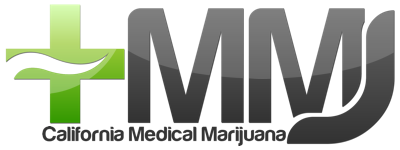While folk from liberal societies could think it’s most peculiar, in California the new normal is commercial banks don’t accept marijuana deposits. A sane person might have thought this was a handy source of funds. Moreover, the IRS might find some useful information when chasing for undeclared money.
How We Came Into This Situation
Under Federal law the cultivation, transportation, sale, possession, and consumption of marijuana is a felony because the U.S. Food and Drug Administration lists it as a Schedule 1 substance with ‘no accepted medical use and a high potential for abuse’. This was not always the case though until 1970.
Around 1840, doctors decided Cannabis had medical value, and pharmacies sold it freely until the passing of the 1937 Marijuana Tax Act. This taxed the product until repeal the following year. Some folk believed the Act was a countermeasure by timber farmers because cheaper marijuana bark was threatening their business interests.
Things came to another crunch in 1970 with the passing of the Controlled Substances Act. Reasons for outlawing marijuana were (a) high potential for abuse, (b) no currently accepted medical use, and (c) lack of accepted safety for use under medical supervision. Unbelievably, on December 1, 1975, the Supreme Court ruled it was ‘not cruel or unusual for Ohio to sentence someone to 20 years for having or selling cannabis.’
How We Are Slowly Unraveling the Legacy
California took the first tentative steps forward in 1992, with the formation of a growers’ lobby called the San Francisco Cannabis Buyers Club. This drafted the Compassionate Use Act that opened the door to the medicinal use of marijuana. The federal authorities chose to ignore a new normal that is spreading like wildfire across America.
With recreational cannabis regulation now unfolding apace in California, we face a growing mountain of marijuana money. The banks can’t take this in as deposits, because it is, strictly speaking, the proceeds from a federal crime and could cause them to lose their licenses. Quartz.com reports state treasurer John Chiang is pushing hard for a public bank to close the gap.
This could potentially bring large investments into the California community. We could use the money to fund useful projects we collectively do not have the money for now. Low-interest loans for education and affordable housing come to mind. We do have a precedent in the form of the Bank of North Dakota.
Intriguing Possibility of a Bank of California
The state-owned Bank of North Dakota says it is ‘an agile partner creating financial solutions for current and emerging economic needs.’ Ironically, it formed in 1919 after North Dakota farmers of other crops were unable to obtain private bank loans under the federal system.
The State of Dakota insures the deposits as opposed to the Federal Deposit Insurance Corporation, and it is hence free of federal regulatory interference. Something similar might California commercial banking to change its position, which is overdue.
